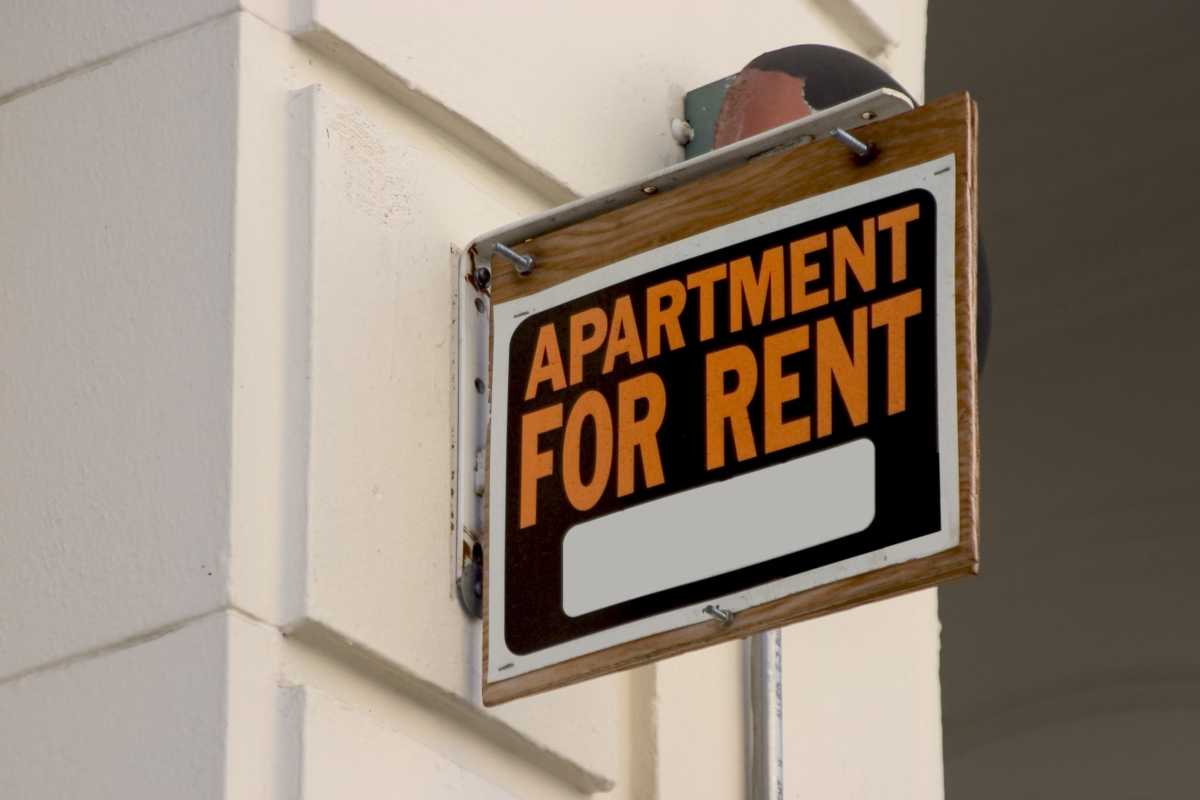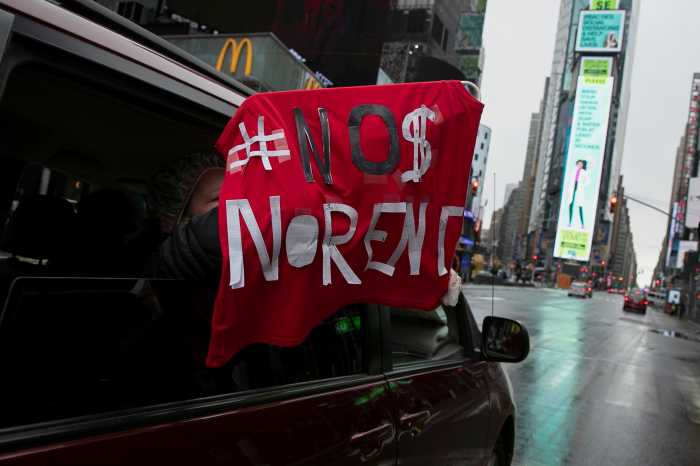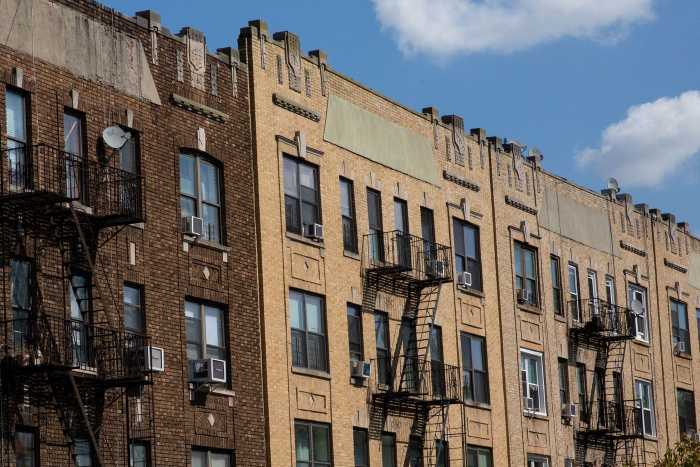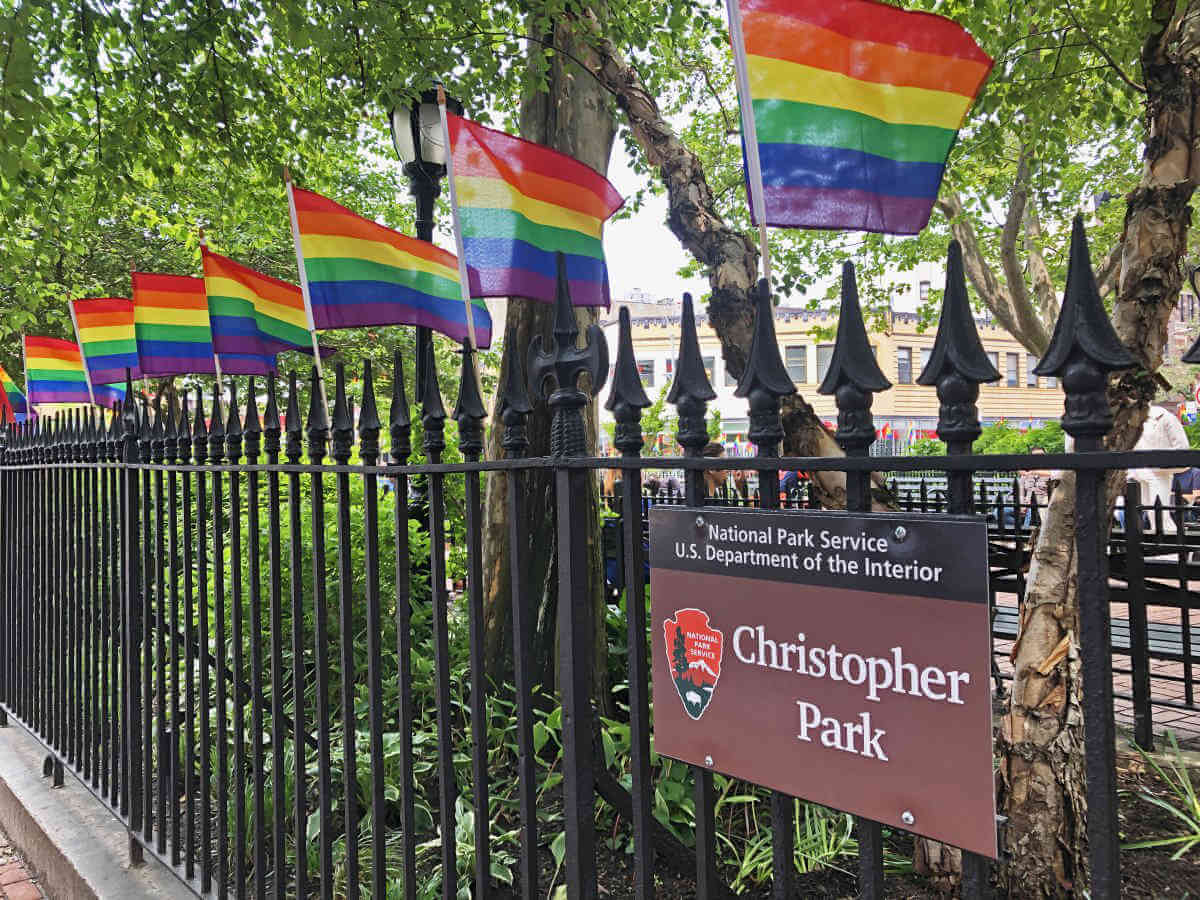After living in his apartment for ten years, “John” – a Legal Aid client and Section 8 voucher recipient who is partially blind and reliant on a portable oxygen tank to breath – was evicted from his home.
His landlord’s motive in seeking his eviction? Retaliation in response to John’s complaints to the City about insufficient heat in his unit during the cold winter months.
After a fruitless search for a new apartment, John had no choice but to move into a homeless shelter.
John’s story is all too common. Without a right to remain, critical legislation pending in Albany, it is impossible for tenants in unregulated units to assert their rights without risking eviction.
Even before COVID-19 hit, our clients in these units experienced constant anxiety about whether they would be able to remain in their homes. Then the pandemic ushered in an era of disruption unseen in living memory, pushing countless families already facing housing insecurity deeper into instability. Many of these families now face the grim prospect of losing their homes.
Without right to remain legislation, they likely will.
COVID-19 has starkly revealed how critical it has become to protect tenants in unregulated units from unjust evictions. As we slowly emerge from the pandemic crisis, state lawmakers must take stock of New York’s housing policies and protections in order to stave off another burgeoning crisis: a potential deluge of evictions once evictions moratoriums lift.
New York’s eviction moratorium – recently extended through August 31st – serves the immediate goal of keeping tenants in their homes, but simultaneously delays a reckoning of what must be done to avert looming disaster. In other words, the moratorium is a short-term solution, but we need a long-term strategy to tackle this mounting crisis. While landlords are currently restricted from filing evictions against tenants demonstrating pandemic-related hardships, the moratorium can’t address the backlog of missed rent payments that will now serve as grounds for eviction the moment it is lifted.
Legislators must face the truth: without a realistic plan to address the fallout when the eviction moratorium ends, countless tenants across the state will lose their homes.
That’s where the “Right to Remain” movement comes in.
The “Right to Remain” bill (S3082/A5573), grants tenants in unregulated apartments the right to a renewal lease, forbids landlords from “unconscionable” rent increases, and prevents arbitrary evictions – all crucial protections in New York’s post-COVID housing landscape. In a clear concession to the depth of the housing crisis across the nation, California, Oregon, Washington, New Jersey, and other major states and cities have already given tenants and communities the right to remain.
The movement is overwhelmingly popular among voters. A recent poll conducted by Data for Progress shows that roughly 70% of New Yorkers support tenants having a right to lease renewals and limits in rent increases, protections afforded by the “Right to Remain” bill. Recently, multiple mayoral candidates and 52 New York City Council candidates endorsed S3082/A5573 legislation (formerly known as the “Good Cause” bill) by taking a local pledge of support.
The COVID-19 pandemic has laid bare the depth of the housing crisis across New York. We urge lawmakers to take decisive action and pass Right to Remain legislation to ensure that those who have already lost their livelihoods don’t also lose their homes.
Judith Goldiner is the Attorney-In-Charge of the Civil Law Reform Unit at The Legal Aid Society. Ellen Davidson is the Staff Attorney with the Civil Law Reform Unit at The Legal Aid Society.






































